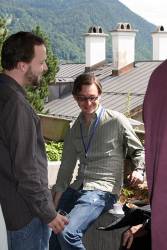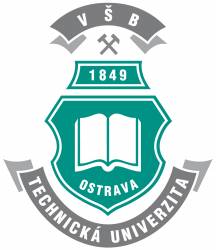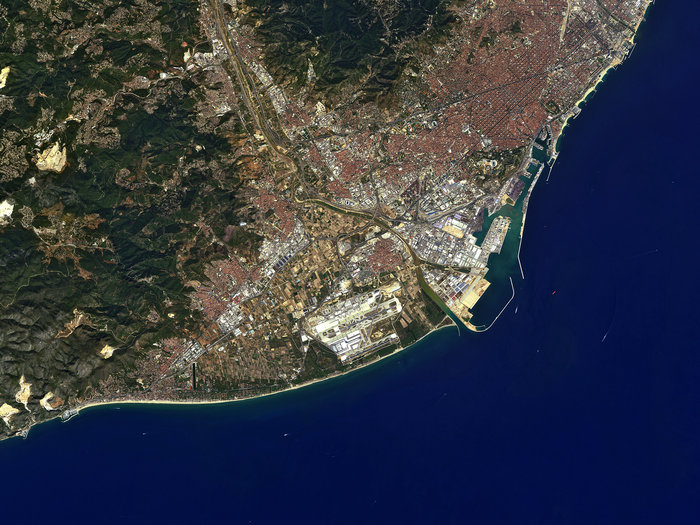 An informal discussion at the 2009 GNSS summer school
An informal discussion at the 2009 GNSS summer schoolOnline registration is open for the fourth International Summer School on Global Navigation Satellite systems. The 10-day course will take place at the GPS Center at Aalborg University in Slettestrand, Denmark from Wednesday afternoon, September 1 through Saturday morning, September 11.
Held for the first two years at University FAF Munich, it now takes place in Denmark with two new lead sponsors, the European Space Agency and Nokia.
Online registration is open for the fourth International Summer School on Global Navigation Satellite systems. The 10-day course will take place at the GPS Center at Aalborg University in Slettestrand, Denmark from Wednesday afternoon, September 1 through Saturday morning, September 11.
Held for the first two years at University FAF Munich, it now takes place in Denmark with two new lead sponsors, the European Space Agency and Nokia.
Enrollment is limited to 50 graduate students, postdoctoral researchers and young professionals. Register online at www.munich-satellite-navigation-summerschool.org
Each year, the summer school offers a comprehensive overview on the design, development, and applications of satellite navigation systems with the theme of “A Worldwide Utility.”
In addition to the fundamentals, visiting lecturers well-recognized in the field will discuss GPS, Galileo, GLONASS, Compass /Beidou and regional and augmentation systems such as the Japanese Quasi-Zenith Satellite System and the Indian Regional Navigation Satellite System (IRNSS).
Lecturers include these GNSS leaders and experts from the EU and the
USA: Kai Borre, Danish GPS Center; Michel Bousquet, ISAE,
France; Bernd Eissfeller, UniBW, Germany; Per Enge,
Stanford University, USA; Guenter Hein, ESA, France ; Bernhard
Hoffman, TU Graz, Austria; René Oosterlinck, ESA D/GAL,
France; Tony Pratt, Orbstar Consultants, UK; Frank van
Diggelen, Broadcom Corporation, USA and Javier Ventura-Traveset,
ESA ESAC, Spain.
The course topics are:
Communications Techniques
Satellite Communications Systems and Applications
GNSS Algorithms and Laboratory Exercises
Modern GNSS Receivers
Ionospheric and Tropospheric Effects for GNSS
Regional Augmentation Systems
GNSS Space Receivers
Reconfigurable GNSS Receivers
GNSS and Interference
Security for and from GNSS
GNSS Indoor Positioning
GNSS/INS Sensor Fusion
Perspectives of the Future
Quo Vadis – Where we are going in Satellite Navigation?
Cost is €1,250, which includes lectures and program materials, room,
board and social events. For information, contact Ms. Antje Tucci at in**@**************************************ol.org or by telephone at +49 (0) 89 6004-3425 (Germany).





